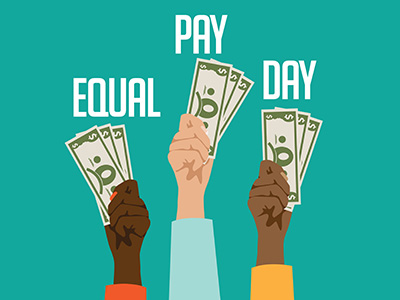Today marks the twentieth anniversary of “Equal Pay Day,” which the National Committee on Pay Equity launched as a public awareness event in 1996 to symbolize how far into the year women must work to earn what men earned in the previous year. In more than 50 years since enactment of the federal Equal Pay Act (“EPA”) and Title VII of the Civil Rights Act of 1964 (“Title VII”), women have made significant progress in the workplace and now make up roughly half of the American workforce. However, women working full time still earn, on average, 79 cents for every dollar earned by men, and this number has barely moved in over a decade. That said, it is still not clear that employer bias is to blame for the gap that remains. Indeed, the pay gap measures only the difference in average earnings between all men and all women; it is not a proxy for pay bias—i.e., the failure to pay women equal pay for equal work. Eliminating pay bias is important, but focusing heavily on perceived employer bias obscures a much more complex web of factors contributing to the problem of pay differences between men and women.
Equal Pay Day 2016: Where Are We 20 Years Later?





